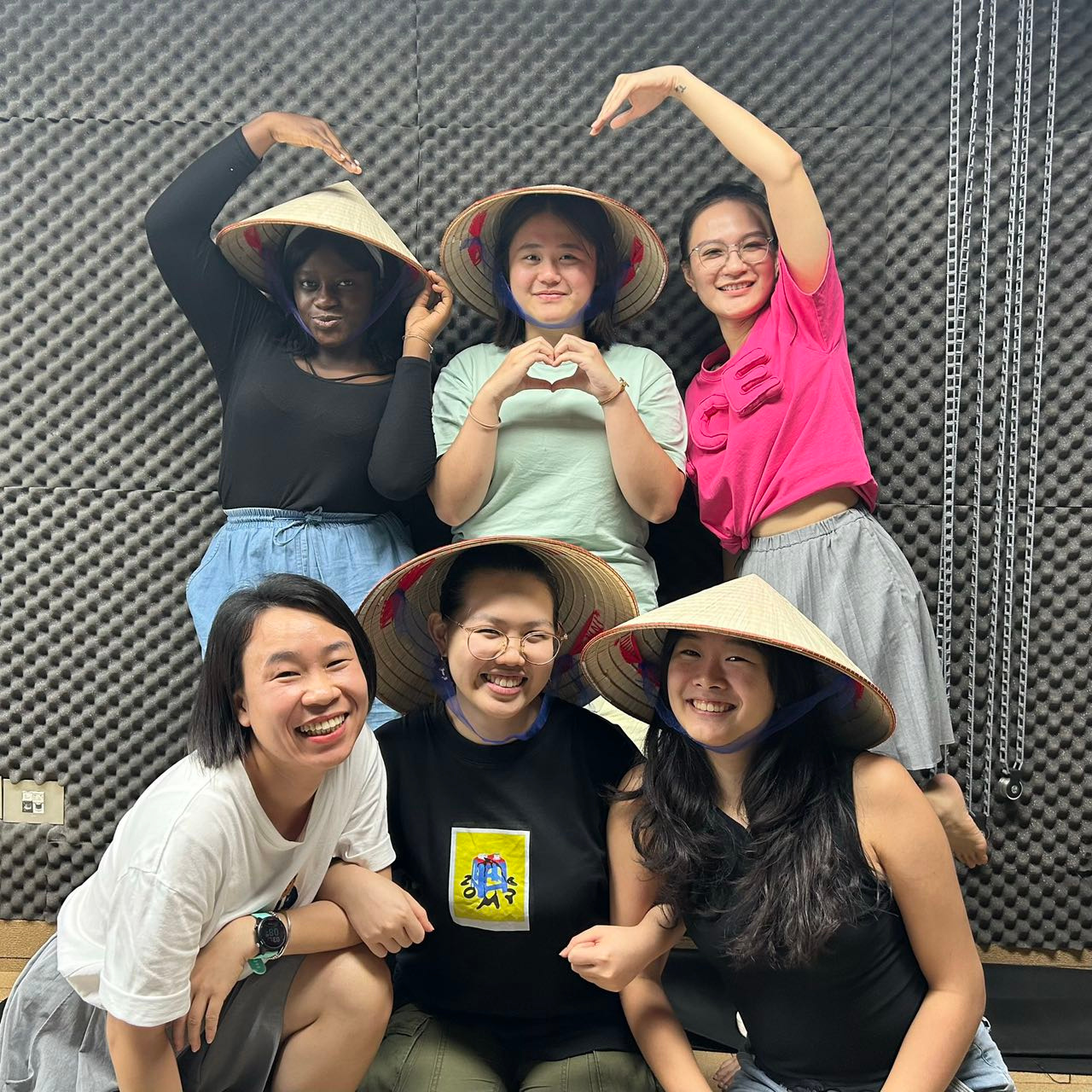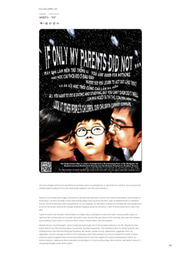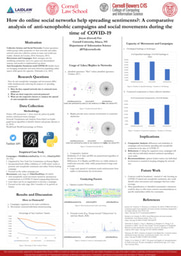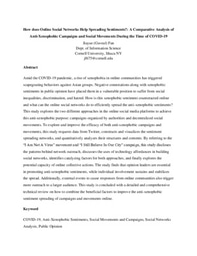Leadership in Action Project in Hanoi, Vietnam
I spent my past summer in Hanoi, Vietnam with Cornell’s Vietnam Adverse Childhood Experience Pathfinders (VACEP3) program. We’re the 3rd cohort of this collaborative project between Cornell University and Vin University. It aims to understand the influence of adverse childhood experiences (ACEs) on vulnerable populations (later defined with the standards provided by our collaborating non-governmental organization) and design ways to showcase the implicit links between childhood experience and adult behaviors. Before us, the previous two cohorts have done literature reviews on the prevention, intervention, mitigation, and resilience of ACEs, and have conducted field studies to understand the targeted (vulnerable) population better. For us, we collaborated with Supporting Community Development Initiatives (SCDI), one of the largest NGOs in Vietnam which work with vulnerable populations in Vietnam, including incarcerated people, addicted youths, and transgender people who are not well accepted by the domestic society. We conducted ethnographic interviews and qualitative analyses on specific individual’s ACEs and documented their stories for public display and raising awareness of ACEs among the general public. At the end of the project, we made posters to showcase our stories and published our stories with SCDI to reach a larger audience group.
Though due to confidentiality protocol, we cannot talk much about the details of this project, I indeed learned a lot from it, both professionally and personally.
Cross-cultural communication skills are of the utmost use throughout my whole journey in Hanoi. Going into a society for the first time and already trying to understand the most structurally in-depth problems within this society is not only difficult but also arbitrarily misleading due to biases. I was lucky that we collaborated with Vin University students who had way more knowledge about Vietnamese society and they’re all extremely friendly to talk to. We shared a lot about our similarities and differences in terms of our lives and became friends at first sight. This had a positive implication later when we started work with our interviewee, who only speaks Vietnamese and I had to communicate with him with the help of Vietnamese students. Translations were hard but we never failed to understand each other. The keywords were keeping an open mind and always at least attempting to empathize. Though languages might be a barrier but we should never be afraid of opening up with others. And always be extra clear about what you mean. This experience has trained me well on these skills and I believe they’re also transferable to my future work.
This Leadership in Action experience in general has been fulfilling and will have gradually more meaning in my life as time goes on. Lifelong friendships with VinUni students, skills to conduct qualitative social science studies, and the ability to write appealing stories – all of them are invaluable. They all demonstrate the essence of leadership, for which it’s never enough to have only one single outstanding trait. This, along with the research project I conducted in my first summer with Laidlaw, has well prepared me to become not only a social scientist but also a leader in my field with comprehensive sets of skills.




Please sign in
If you are a registered user on Laidlaw Scholars Network, please sign in
Here's more information about this project https://news.cornell.edu/stories/2023/11/partnership-raises-awareness-childhood-abuse-and-neglect-vietnam